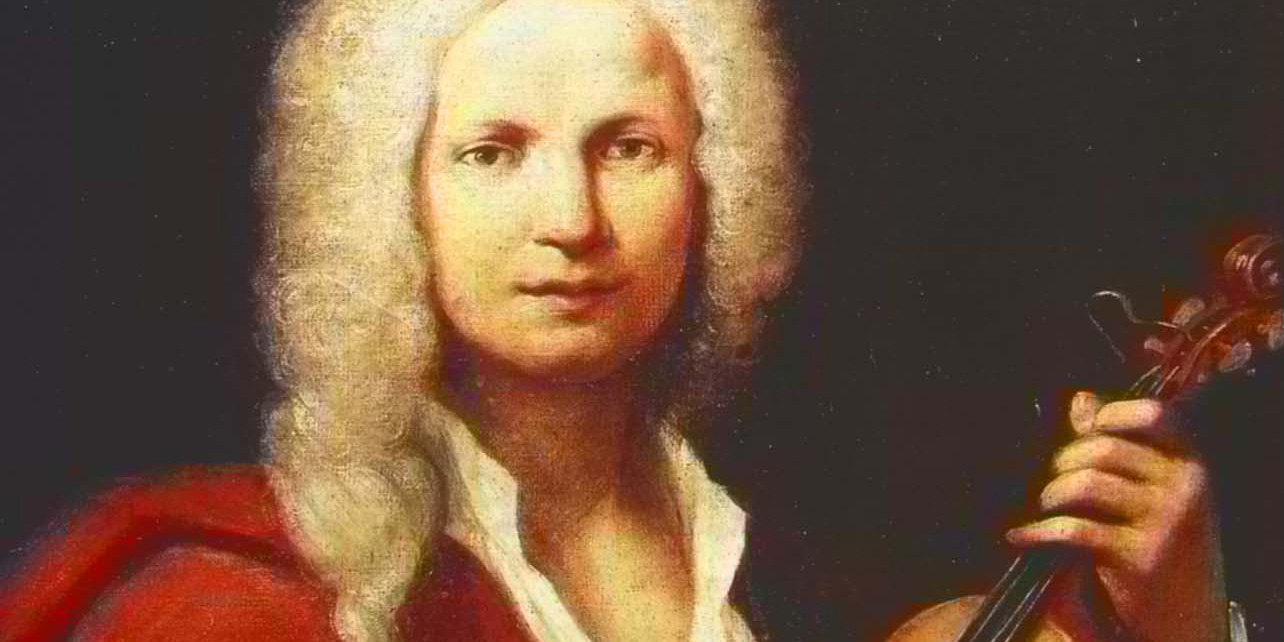In the world of classical music, few composers have left as indelible a mark as Antonio Vivaldi. Born in Venice, Italy, on March 4, 1678, Vivaldi emerged as a prolific composer and violin virtuoso during the Baroque period. His enchanting melodies, imaginative compositions, and innovative musical techniques continue to captivate audiences around the world, making him one of the most influential composers of all time. This blog takes you on a journey through the life and musical legacy of the remarkable Antonio Vivaldi.
Early Life and Musical Education:
Vivaldi was born into a musically inclined family. His father, Giovanni Battista Vivaldi, was a violinist at St. Mark’s Basilica, and he nurtured young Antonio’s talent by providing him with early musical training. Antonio’s skills on the violin flourished under his father’s guidance, and he quickly developed into a virtuoso performer.
Career as a Composer:
At the age of 25, Vivaldi was ordained as a priest, although he would often be referred to as the “Red Priest” due to his vibrant red hair. Despite his religious calling, Vivaldi’s true passion lay in composing music. He became a teacher and composer at the Ospedale della Pietà, a renowned orphanage and music school in Venice. During his time at the Pietà, Vivaldi composed a vast repertoire of concertos, operas, and sacred music.
The Four Seasons and Musical Innovation:
One of Vivaldi’s most iconic and celebrated works is “The Four Seasons,” a set of four violin concertos. Composed in 1723, this groundbreaking masterpiece embodies Vivaldi’s ingenuity and inventive approach to music. Each concerto represents a different season, evoking the sounds and moods associated with nature’s changing cycles. Vivaldi’s use of descriptive musical techniques, vivid imagery, and virtuosic violin passages revolutionized the concerto form and remains unparalleled to this day.
Operatic Success and Legacy:
Vivaldi’s creative output extended beyond instrumental works. He composed over 40 operas, many of which were widely performed during his lifetime. His operas displayed his flair for dramatic storytelling and his ability to infuse music with emotional depth. Though Vivaldi’s operas fell into relative obscurity for centuries after his death, there has been a resurgence of interest in recent decades, with numerous revivals and recordings.
Vivaldi’s Influence and Recognition:
Despite facing financial struggles in his later years, Vivaldi’s impact on the world of music was immeasurable. His innovative compositions, virtuosic violin techniques, and masterful understanding of orchestration continue to inspire musicians and composers across genres. His legacy can be heard in the works of composers like Johann Sebastian Bach, who transcribed several of Vivaldi’s concertos for other instruments.
Conclusion:
Antonio Vivaldi’s life was dedicated to the pursuit of musical excellence. His compositions, characterized by their elegance, passion, and technical brilliance, have transcended the boundaries of time and continue to enchant audiences today. From his revolutionary concertos to his poignant operas, Vivaldi’s musical genius remains a testament to the power of creativity and the enduring impact of one artist’s indomitable spirit. As we listen to his works, we are reminded of the profound beauty that can be found in the harmonies of the past, forever echoing through the corridors of musical history.


Comments are closed